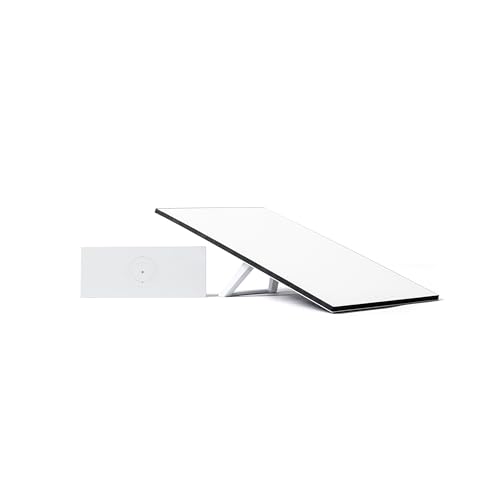
The European Defense Satellite Network is set to revolutionize the continent's strategic autonomy and security by enhancing satellite communications. This ambitious initiative aims to provide Europe with a robust infrastructure that not only secures governmental connectivity but also supports commercial services. With significant investments from both the EU] and private sectors, you're witnessing a pivotal moment in European defense capabilities.
The European Defense Satellite Network is poised to enhance Europe's strategic autonomy and security through advanced satellite communications infrastructure.
Key players in this project include major European satellite operators and manufacturers, who are collaborating to deliver cutting-edge technology. One of the standout components is the European Data Relay Satellite System (EDRS), operating in geostationary orbit. This system dramatically reduces data transmission delays for Earth observation satellites, significantly improving the speed and security of data transfer. With high-speed data rates of up to 1.8 Gbit/s and encrypted downlinks, the EDRS enhances critical Earth observation and security services that ensure 99.6% uptime you rely on.
Complementing the EDRS is the Iris² satellite constellation, which aims to rival US satellite internet providers like Starlink. With nearly 300 satellites planned for low and medium Earth orbits, this constellation represents a considerable investment of approximately €10.6 billion, with the first launch scheduled for 2029. By providing high-speed data transmission via advanced Ka-band links and utilizing laser communication technology, the Iris² will ensure that Europe maintains its competitive edge in satellite communications.
As you consider the implications of these advancements, it's clear that the European Defense Satellite Network is more than just a technological initiative; it's a strategic move to bolster Europe's independence in space communications. By addressing potential orbital threats from adversaries and enhancing defensive capabilities with projects like the Bodyguard satellite, Europe is taking significant steps toward safeguarding its interests.
Collaborations with NATO and EU member states further solidify this commitment, ensuring that Europe stands united in the face of global challenges. The economic and political implications can't be overlooked either. This endeavor is expected to boost European competitiveness while enhancing the EU's role as a transatlantic ally.
The combination of public and private funding will likely create new job opportunities in the space sector, supporting Europe's digital sovereignty goals. Looking ahead, the European Defense Satellite Network faces challenges, including technological hurdles and the need for robust regulatory frameworks.
However, with multiple launches planned over the next decade, the path is set for a stronger, more secure European defense strategy.

Satellite Communications Payload and System, Second Edition (Wiley – IEEE)
As an affiliate, we earn on qualifying purchases.
As an affiliate, we earn on qualifying purchases.

STARLINK Standard Kit AX 4 X Tri Band Wi-Fi System – High-Speed, Low-Latency V4 Internet Band AC Wi-Fi Router and Satellite Dish System – High-Speed Portable Internet – White
- High-Speed, Low-Latency Internet: Reliable internet everywhere
- Service Plan Required: Choose a personalized plan
- Flexible Plans: Household or travel options
As an affiliate, we earn on qualifying purchases.
As an affiliate, we earn on qualifying purchases.

Red line laser module Industrial Laser Group Module adjustable focal length (line-2packs)
- Size: 12x35mm
- Package: 2 pieces per set
- Light Source: Red laser light
As an affiliate, we earn on qualifying purchases.
As an affiliate, we earn on qualifying purchases.

Koqit V5H H.265 FTA Satellite Receiver DVB-S2 (T2-MI) DVB S2 Galaxy 19 Satellite TV Receiver Finder Sat Decoder Meecast Biss Key YouTube TV Box
- Compatible with FTA Satellite Dishes: Works with free-to-air satellite antennas
- Meecast TV Mirroring: Share photos and videos to TV via Wi-Fi
- Not compatible with US Bell and Direct Dish TV: Does not support US-based satellite services
As an affiliate, we earn on qualifying purchases.
As an affiliate, we earn on qualifying purchases.









